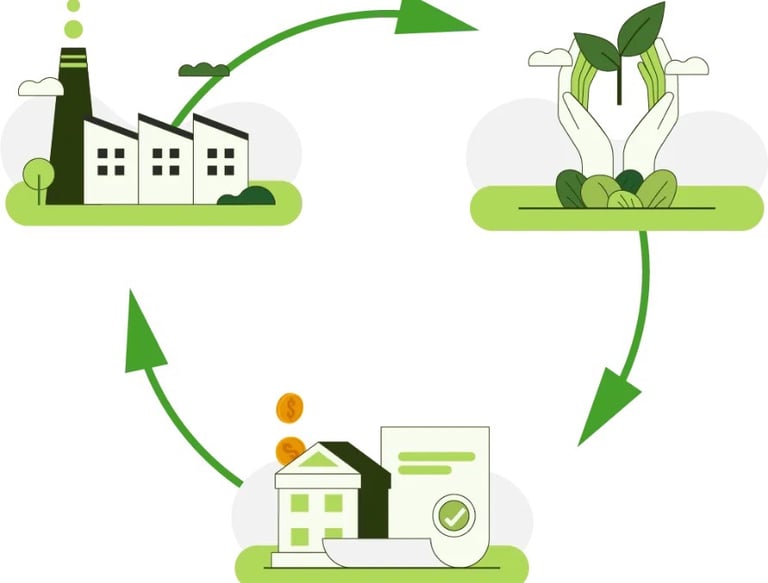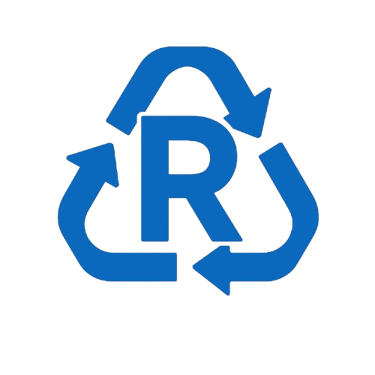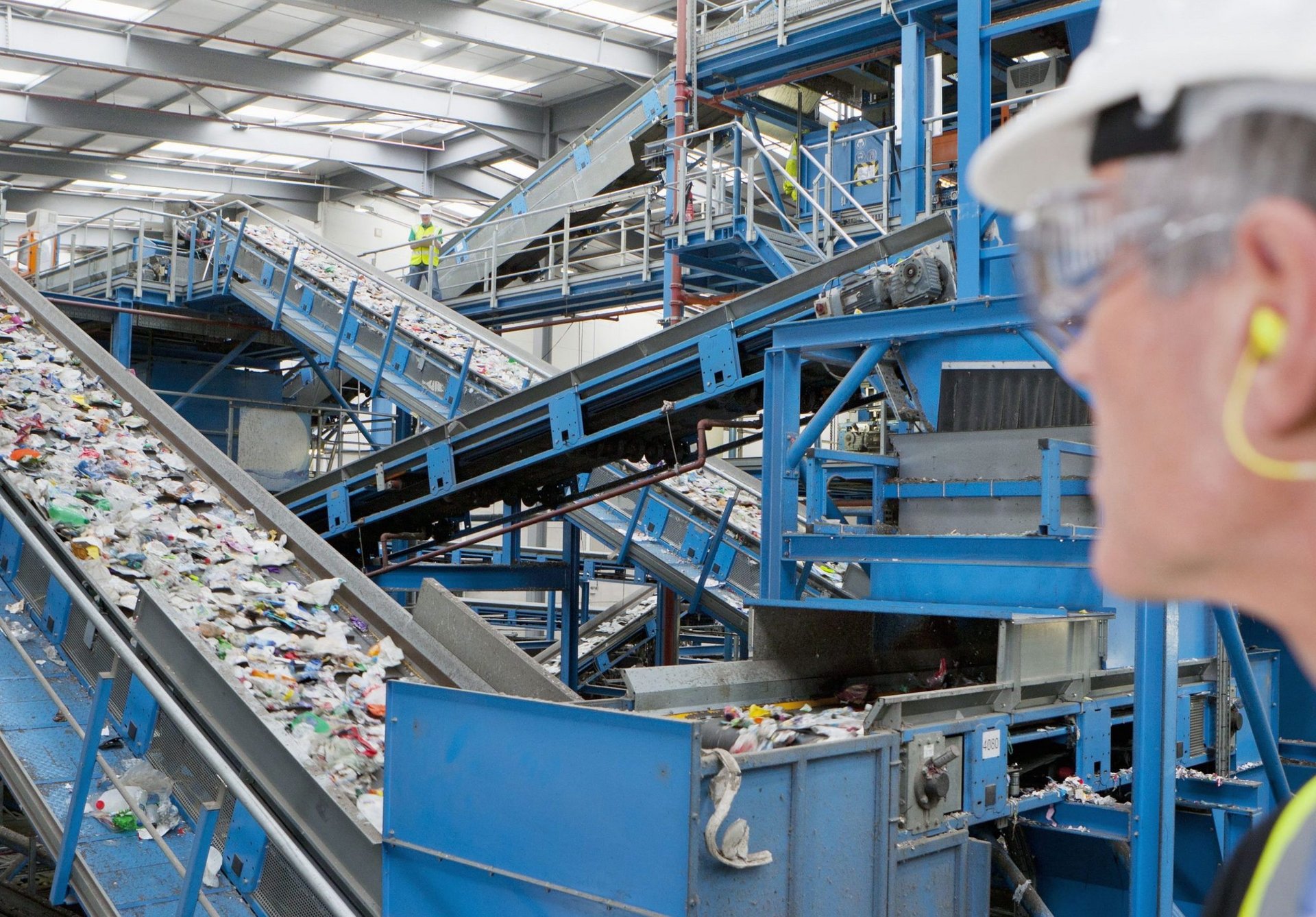
Mission and Sustainability

ReMat Group’s mission is to contribute to a regenerative economy where industrial development supports, rather than harms, the environment. Since its founding, the company has worked daily to transform plastic waste into resources, reducing environmental impact across the production chain.
Sustainability is a guiding principle embedded in every phase of ReMat’s work—from plant design to material selection, from traceability to performance monitoring. The company stands out for an integrated approach that blends industrial efficiency, technological innovation, and environmental responsibility, delivering solutions that are both economically and ecologically beneficial.
Beyond recycling, ReMat supports companies in their ecological transition through the management of carbon creditsand environmental tax incentives, aligning with EU climate goals. Through its sustainability report, the company ensures transparency by tracking environmental data and engaging clients and stakeholders in a shared commitment to change.
ReMat believes the future of industry must be circular, digital, and zero-impact—and works every day to build that future with practical solutions, measurable results, and a strong sense of responsibility.
Mission and Sustainability
In today’s context of tightening environmental regulations, tax credits and carbon credits have become key strategic tools for companies aiming to reduce their environmental impact. ReMat Group provides technical expertise and regulatory guidance to help businesses use these tools effectively, within a broader vision of integrated sustainability.
Environmental tax credits are public incentives that support sustainable investments, such as energy efficiency, adoption of green technologies, material recovery, and reduction of virgin resource use. ReMat assists companies through consulting, project assessment, and documentation support to access these benefits.
At the same time, ReMat is active in the carbon credit market, helping companies offset greenhouse gas emissions through certified projects in areas like recycling, energy efficiency, reforestation, and sustainable waste management. Using international standards like the GHG Protocol, the company helps clients measure their emissions and access reliable, transparent, and verifiable offsetting solutions.
